Home
The government imposed a lockdown on England to last until 2 December. On television, Boris Johnson, the Prime Minister, looking unhappy, said of Christmas: ‘It’s my sincere hope and belief that by taking tough action now we can allow families across the country to be together.’ People would have to stay at home except for work that couldn’t be done there. The furlough scheme, due to have expired at the end of October, was extended for the new lockdown period. Exercise and recreation outdoors were allowed. Households might not mix indoors or even meet one person in a private garden. Schools and universities were to stay open. Non-essential shops were closed, along with restaurants and pubs, which, in a last-minute concession, were permitted to sell alcohol to take away. Churches were banned from holding services or weddings but allowed to open for private prayer. The government revived the motto: ‘Stay at home, protect the NHS, save lives.’
The Prime Minister had been bounced into making the announcement on Saturday 31 October by a leak the day before of plans from the ‘Quad’ committee of himself, Michael Gove, Rishi Sunak and Matt Hancock. At the beginning of the week, Sunday 1 November, total deaths (within 28 days of testing positive for the coronavirus) had stood at 46,555, including 1,810 in the past week, compared with 1,175 the week before. The entire population of Liverpool was to be offered regular Covid tests. On the eve of the new lockdown the reproduction number, or R value, for Covid-19 was put at 1 by the King’s College app survey, meaning the disease was not increasing. The average price of a house rose to £227,826, according to the Nationwide. Two houses in the terrace of Durham Place, Chelsea, where properties sell for £16 million, fell down in the middle of the night.
The United Kingdom raised its official threat level for terrorism to severe, meaning ‘an attack is highly likely’. The government gave Transport for London a £1.8 billion bailout to keep Underground and bus services running until March. Sir Sean Connery, who in 1962 played James Bond for the first time on film, died aged 90. Nobby Stiles, a member of the England team that won the World Cup in 1966, died aged 78. Johnny Depp lost a libel case against the Sun over an article that called him a ‘wife beater’.
Abroad
The total number in the world who had died with coronavirus reached 1,197,864 by the beginning of the week, an increase of 43,347 from the week before. Australia, where 907 people in total had died of Covid-19, recorded its first day with no new cases since 9 June. Peru, with 1,044 recorded deaths per million population, the highest in the world, reopened Machu Picchu to tourists. Overworked staff at undertakers in Spain went on strike. Sweden limited to eight the number of people allowed to sit together at a table in cafés.
The United States of America proved deeply and evenly divided as Joe Biden, 77, the Democratic candidate, failed to make the gains predicted by opinion polls against President Donald Trump, 74, the Republican candidate, in the presidential election. ‘This is a fraud on the American public,’ Mr Trump said as counting continued. ‘We will be going to the US Supreme Court. We want all voting to stop.’ The Democrats retained a majority in the House of Representatives. In Uganda, Bobi Wine, 38, the musician and MP, was accepted by the electoral commission as a candidate in next year’s presidential election. The share launch of the Chinese tech giant Ant was postponed after the Shanghai stock exchange pulled the plug on its listing. Hong Kong police arrested a journalist, Choy Yuk-ling, who had helped expose violent attacks on protestors. In the face of a national glut of sugar-cane, the Indian Sugar Mills Association launched a promotion with the slogan ‘A little sugar not all that bad’.
Four people were shot dead and 22 wounded in Vienna by a man who was then shot dead by police. He was Kujtim Fejzulai, 20, of Macedonian and Austrian nationality, who had been jailed for 22 months in April last year for trying to travel to Syria to join Isis, and had been released early in December. A Greek Orthodox priest was shot and seriously wounded in Lyon. A man dressed in medieval costume and armed with a Japanese sword killed two in Quebec City on Halloween night. An earthquake in Izmir killed at least 85 people; 91 hours later a three-year-old girl was rescued from the rubble. CSH
Got something to add? Join the discussion and comment below.
Get 10 issues for just $10
Subscribe to The Spectator Australia today for the next 10 magazine issues, plus full online access, for just $10.
You might disagree with half of it, but you’ll enjoy reading all of it. Try your first month for free, then just $2 a week for the remainder of your first year.

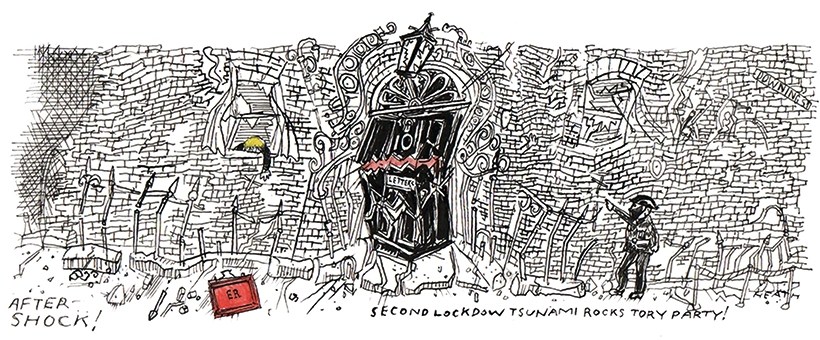
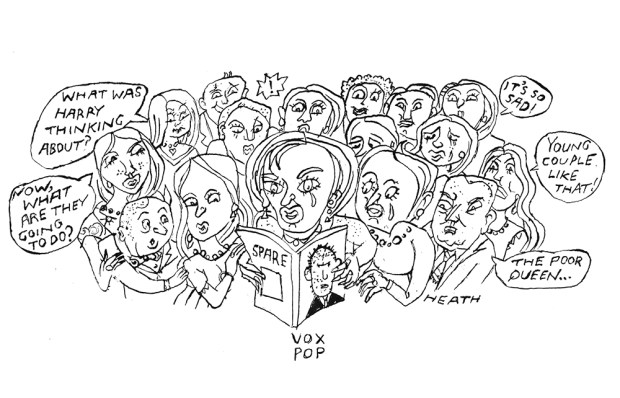
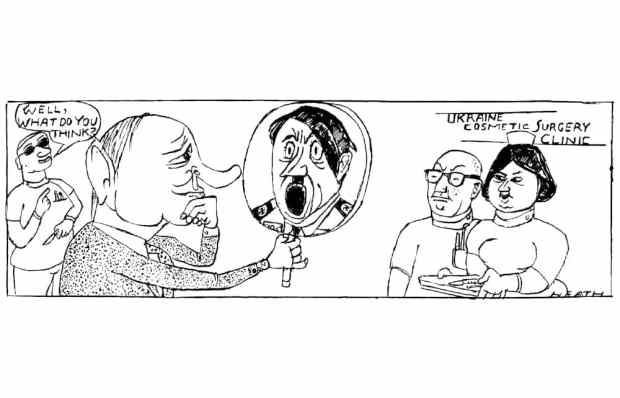
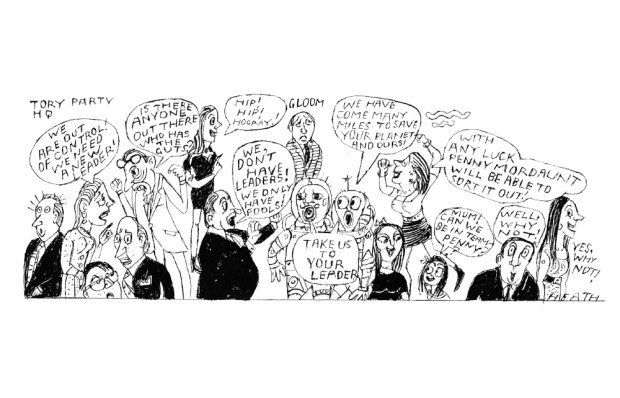
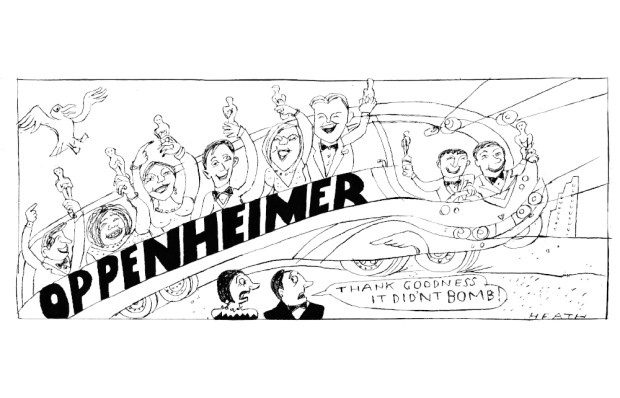
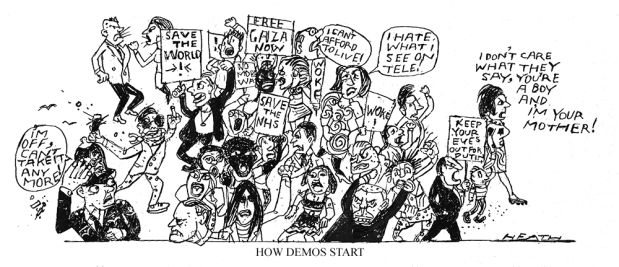
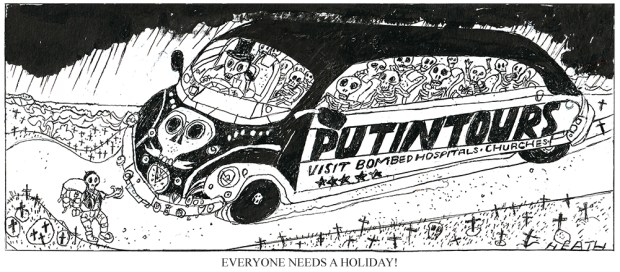






Comments
Don't miss out
Join the conversation with other Spectator Australia readers. Subscribe to leave a comment.
SUBSCRIBEAlready a subscriber? Log in